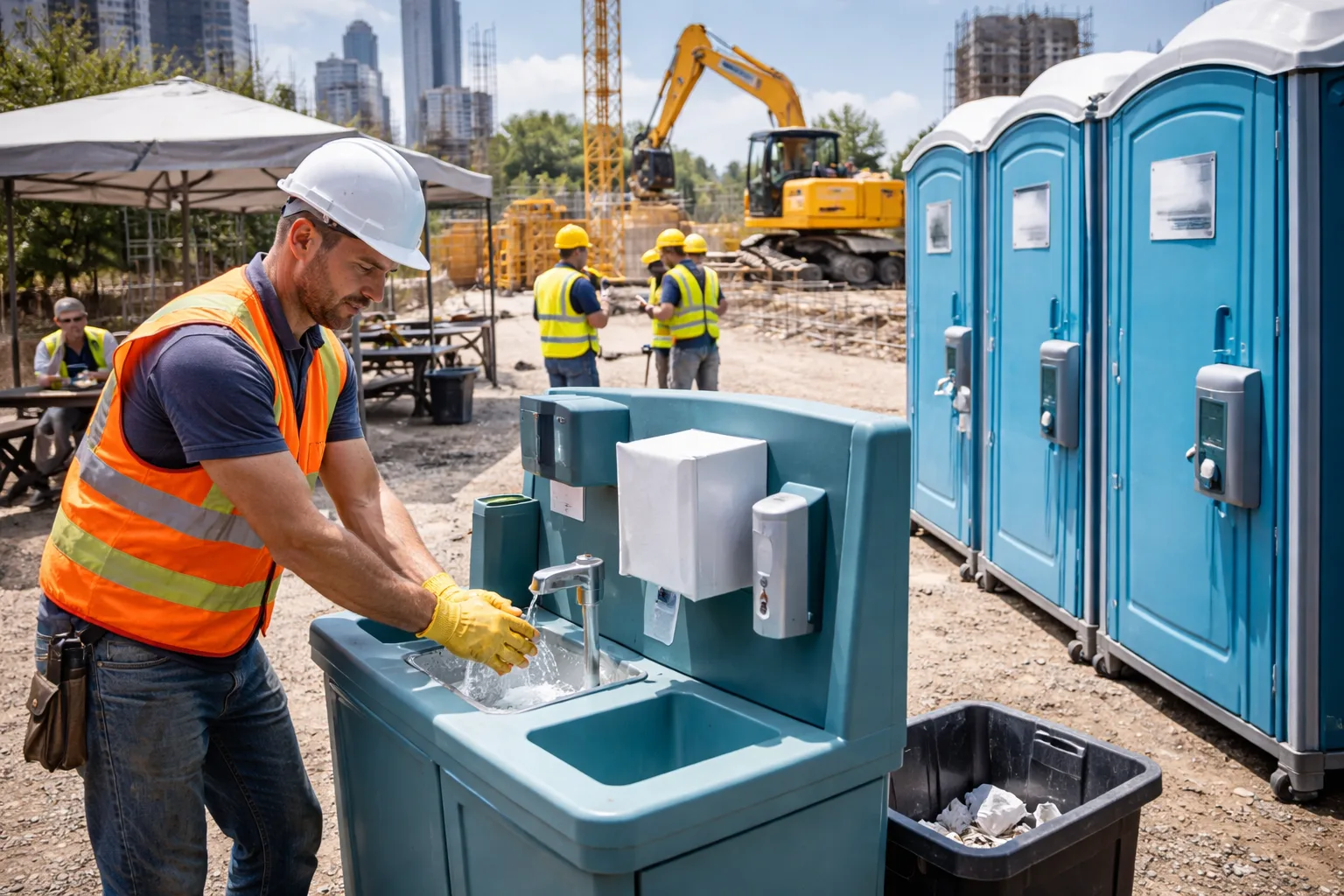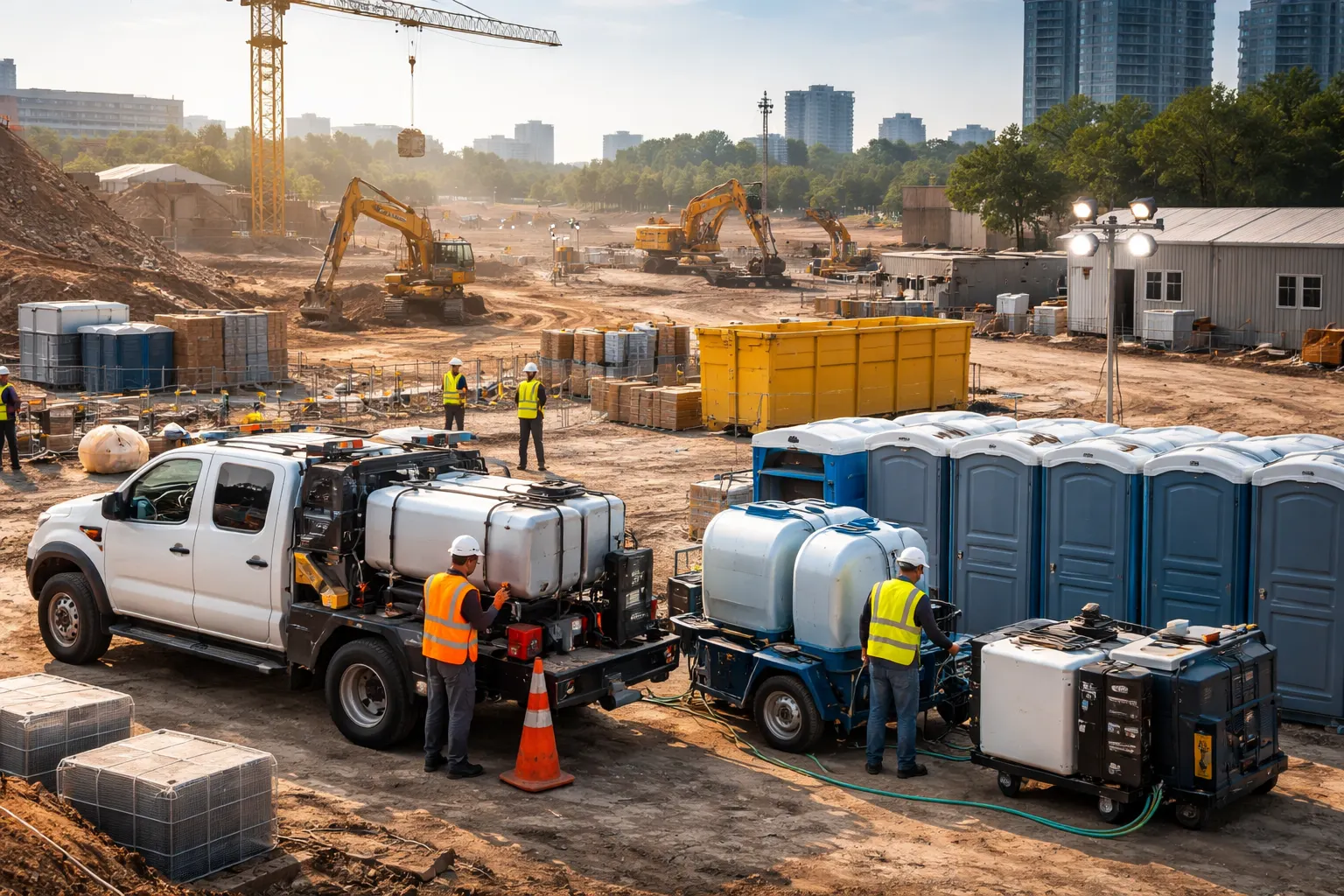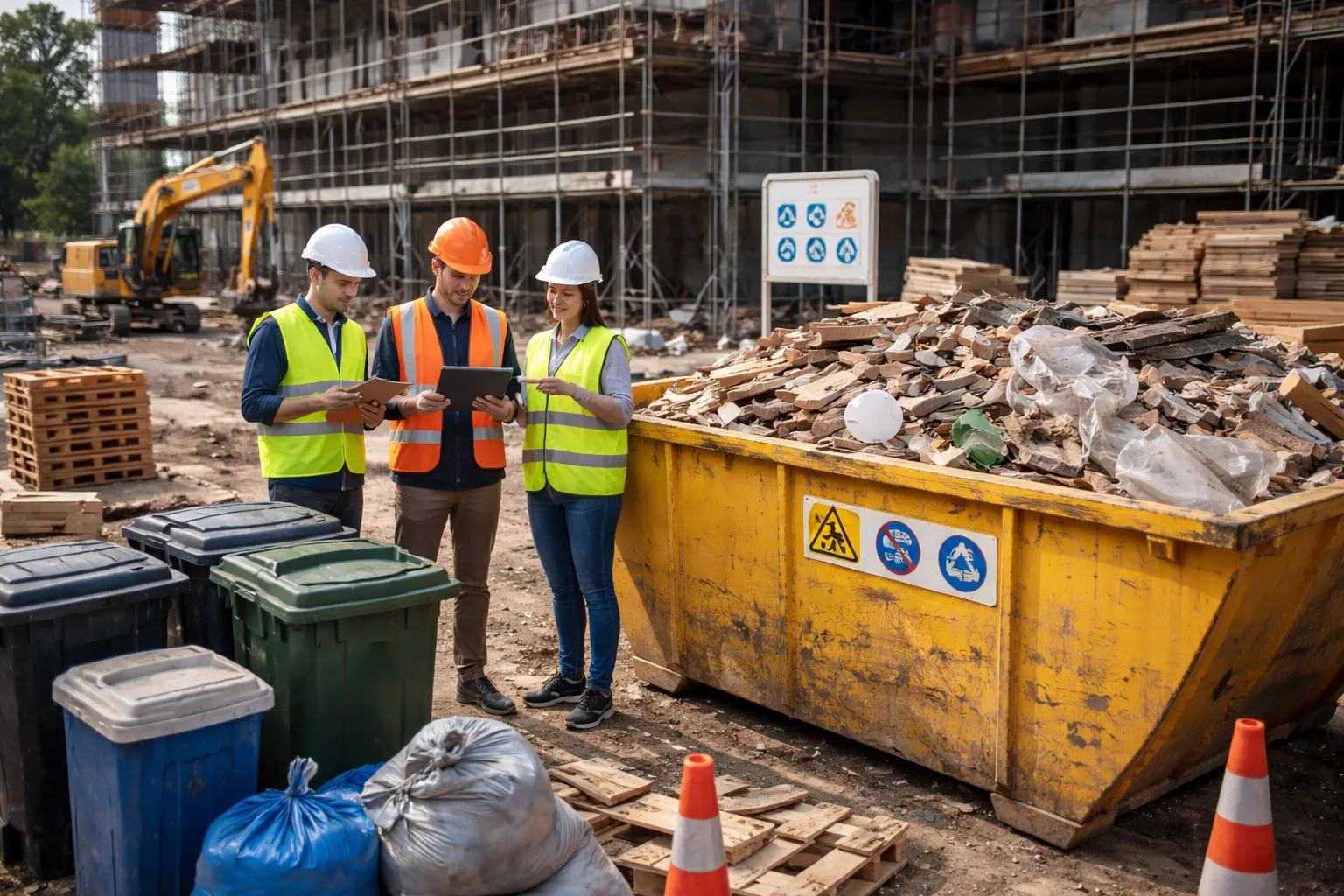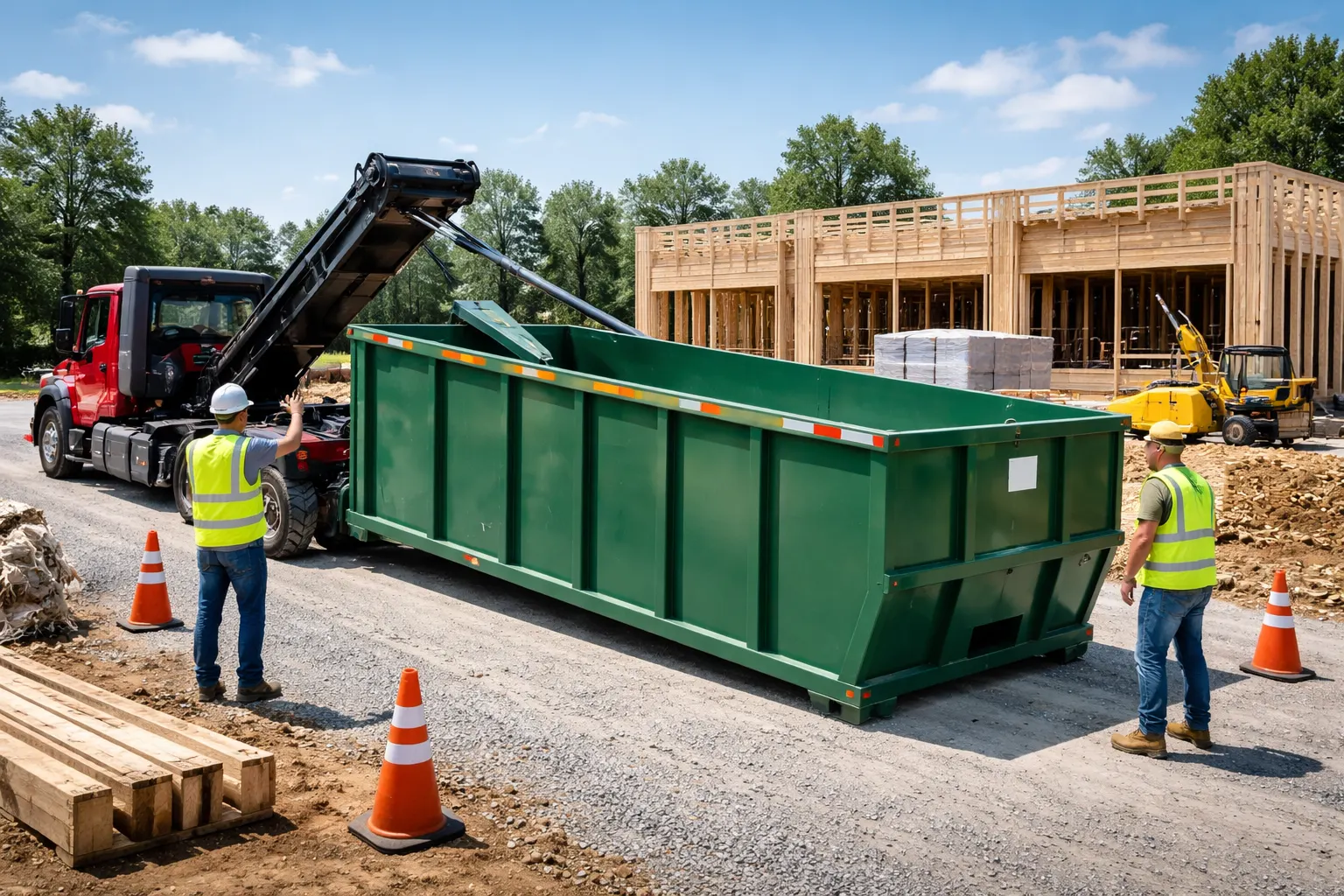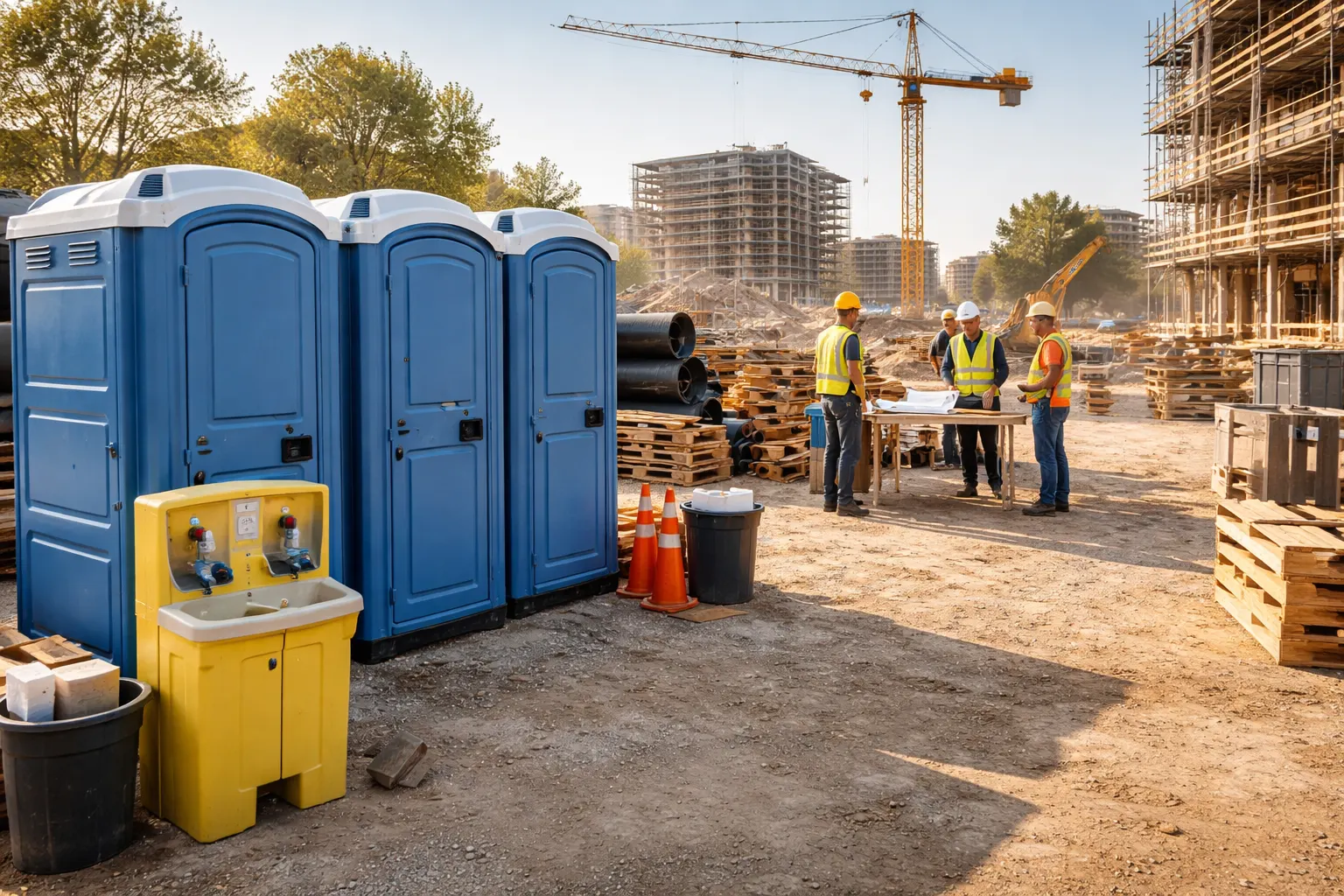When planning a home renovation, construction project, or major cleanup, renting a roll-off dumpster can make waste disposal a breeze. However, before you place that dumpster on your property or the street, it’s important to understand the permit requirements in El Paso. This guide will walk you through everything you need to know about securing a dumpster permit, ensuring your project runs smoothly and legally. Navigating the permit process not only keeps you compliant with local laws but also helps avoid unexpected project delays.
Understanding the intricacies of dumpster permits is essential, as regulations can vary significantly between different municipalities. By familiarizing yourself with the specific requirements in El Paso, you can ensure that your project adheres to local guidelines, minimizing potential legal or logistical issues. Taking the time to understand these requirements upfront can save you time and money in the long run.
A dumpster permit is a legal authorization from the city, allowing you to place a dumpster on public property, such as a street or sidewalk. Even if the dumpster is placed on your private property, some cities require a permit to ensure safety and compliance with local regulations. These permits serve as an official acknowledgment that your project meets the city’s standards and that you are aware of the rules governing waste disposal in public spaces.
Securing a dumpster permit is not merely a bureaucratic formality; it’s a critical step in ensuring public safety and maintaining the integrity of community spaces. Without proper permits, dumpsters could obstruct emergency vehicles, interfere with pedestrian pathways, or become unsightly obstacles that detract from the neighborhood’s appearance. Thus, understanding the role of permits is an integral part of responsible project planning.
Why Are Permits Necessary?
Permits are essential for several reasons:
- Safety: Ensures that dumpsters do not obstruct traffic or pose hazards to pedestrians. By regulating where and how dumpsters are placed, the city can prevent potential accidents or injuries that might arise from poorly positioned containers. This is especially important in densely populated areas where space is limited.
- Regulation Compliance: Keeps the area clean and organized by adhering to municipal codes. Compliance with these codes helps maintain the aesthetic appeal of neighborhoods and prevents environmental hazards that can arise from improper waste management. Adhering to these regulations also promotes fairness, ensuring that all projects are held to the same standard.
- Revenue for the City: Fees collected from permits often contribute to city maintenance and services. This revenue supports the upkeep of public spaces and infrastructure, ensuring that the city remains a safe and pleasant place for all residents. By contributing to this revenue stream, you play a part in the ongoing development and improvement of your community.
Dumpster Permit Requirements in El Paso
Before renting a dumpster in El Paso, it’s crucial to determine if a permit is necessary and how to obtain one. Understanding these requirements will help you avoid unnecessary fines and ensure that your project is completed without any legal hiccups.
Navigating the permit process can seem daunting, but breaking it down into manageable steps makes it more accessible. By familiarizing yourself with the local requirements and procedures, you can approach the project with confidence, knowing that you are in compliance with all necessary regulations.
When Is a Permit Required?
In El Paso, a permit is typically required if you plan to place a dumpster on public property. This includes streets, sidewalks, or any public right-of-way areas. If the dumpster is placed on your private property, a permit may not be necessary, but it’s always wise to check with local authorities to confirm. It’s essential to remember that even small variations in location can affect permit requirements.
Consulting with local authorities is a crucial step in this process. They can provide definitive answers regarding whether your specific situation requires a permit, and any other conditions that may apply. This proactive approach helps you avoid any misunderstandings or assumptions that could lead to fines or project delays.
How to Obtain a Dumpster Permit
Obtaining a dumpster permit in El Paso involves a few straightforward steps:
- Contact the Local Authority: Start by reaching out to the El Paso Department of Transportation or the local building department. They will provide specific information about permits for dumpsters. Engaging with these departments early on allows you to gather all necessary information and address any questions or concerns you might have.
- Fill Out the Application: Complete the required application form. This typically includes details about the dumpster’s size, the duration of its placement, and its exact location. Providing accurate and detailed information is crucial, as any discrepancies can delay the approval process.
- Pay the Fee: There is usually a fee associated with obtaining a dumpster permit. The cost may vary depending on the duration and location of the dumpster. Understanding the fee structure ahead of time helps you budget appropriately for your project.
- Receive Approval: Once the application is submitted and fees are paid, wait for approval. This process may take a few days, so plan accordingly. Staying informed about the status of your application can help you anticipate any potential delays and adjust your project timeline if necessary.
Important Considerations
- Duration Limits: Some permits are only valid for a certain period. Ensure that your project timeline aligns with the permit duration, or be prepared to request an extension. Extensions may require additional paperwork and fees, so planning your project’s timeline carefully is advisable.
- Size Restrictions: Depending on the location, there may be restrictions on the size of the dumpster allowed. Verify these details during the application process. Understanding these limitations ensures that the dumpster you rent will be suitable for your project’s needs.
- Special Conditions: Certain areas may have additional conditions or restrictions, such as noise ordinances or designated placement areas. Familiarizing yourself with these conditions in advance can help you avoid unexpected challenges during your project.

The Consequences of Skipping a Permit
Failing to secure a required permit can lead to several complications, including:
- Fines and Penalties: Operating without a necessary permit can result in hefty fines from the city. These fines can quickly escalate, turning a small oversight into a costly mistake that impacts your project’s budget.
- Project Delays: If a city official identifies an unpermitted dumpster, they may require its immediate removal, halting your project. This can lead to significant delays, especially if you need to secure a permit retroactively.
- Legal Issues: Persistent non-compliance can lead to legal action from the city, creating further headaches and expenses. Legal proceedings can be time-consuming and costly, detracting from your ability to complete the project efficiently.
Tips for a Smooth Permit Process
To ensure a hassle-free experience when obtaining a dumpster permit, consider the following tips:
Plan Ahead
Start the permit process well in advance of your project’s start date. This allows ample time for any unforeseen delays in the application process. Early planning also gives you the flexibility to adjust your project timeline if necessary.
Keep Communication Open
Maintain clear communication with the permitting authority. If there are changes to your project scope or timeline, update them promptly to avoid any issues. Open lines of communication help build a positive relationship with local authorities, which can be beneficial for this and future projects.
Work with a Reputable Dumpster Rental Company
Choose a dumpster rental company experienced in local regulations. They can often assist with the permit process or provide valuable guidance to ensure compliance. A reputable company will have a deep understanding of local requirements and can help streamline the process for you.
Conclusion
Understanding and adhering to roll-off dumpster permit requirements in El Paso is crucial for a successful project. By securing the necessary permits, you’ll avoid potential fines and ensure your project proceeds without legal complications. Remember to plan ahead, communicate with local authorities, and work with a reputable rental company for the best results. With these steps in mind, you’ll be well-prepared to tackle your next big project with ease. Properly managing the permit process not only ensures compliance but also enhances the efficiency and success of your project, making it a smoother and more rewarding experience.


